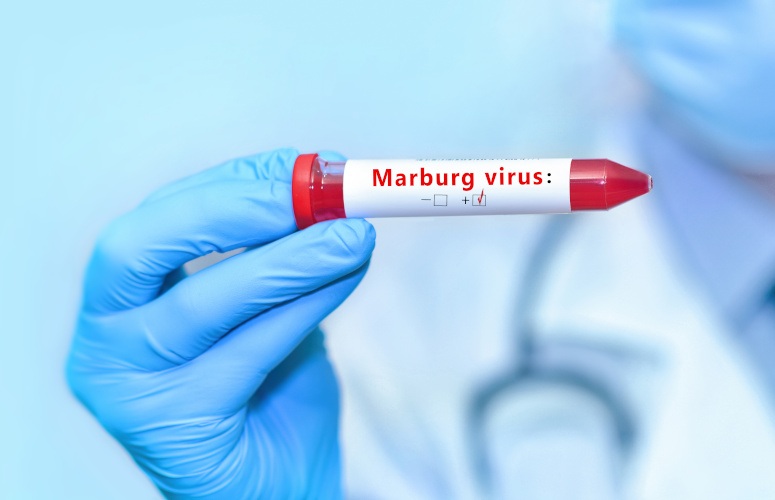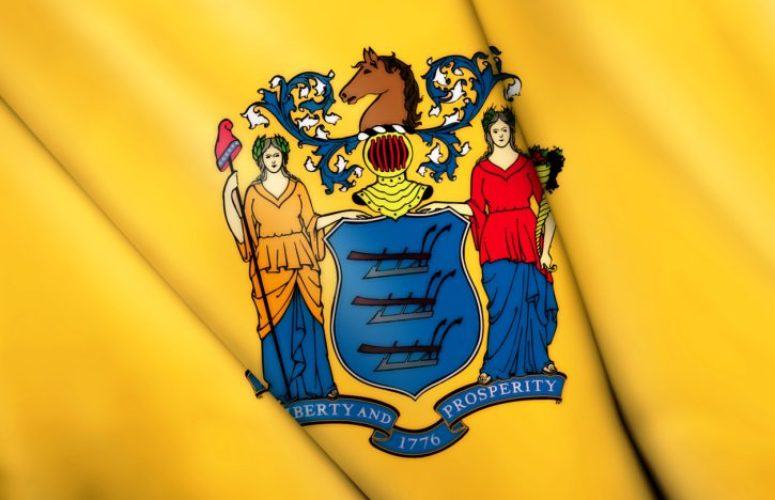
Soligenix Granted Orphan Drug Designation for Vaccine to Treat MARV Infection
On Apr 15, 2024Soligenix, Inc., the Princeton-based late-stage biopharmaceutical company focused on treating rare diseases where there is an unmet medical need, announced that the Office of Orphan Products Development of the United States (U.S.) Food and Drug Administration (FDA) has granted orphan drug designation to the active ingredient in MarVax™, the subunit protein vaccine of recombinantly expressed Marburg marburgvirus (MARV) glycoprotein, for “the prevention and post-exposure prophylaxis against MARV infection.”
The U.S. Orphan Drug Act is intended to assist and encourage companies to develop safe and effective therapies for the treatment of rare diseases and disorders, defined as one that affects fewer than 200,000 people in the U.S. In addition to providing a seven-year term of market exclusivity upon final FDA approval, orphan drug designation also positions Soligenix to be able to leverage a wide range of financial and regulatory benefits, including government grants for conducting clinical trials, waiver of expensive FDA user fees for the potential submission of a Biologics License Application (BLA), and certain tax credits.
“Marburg marburgvirus causes Marburg Virus Disease, a highly related disease to the more commonly known Ebola Virus Disease. Although MARV has caused fewer outbreaks, they remain highly fatal and a significant risk in continental Africa, with the most recent outbreak occurring in 2023. There is no approved vaccine for MARV, and the only approved vaccines for filovirus type disease is specific to Zaire ebolavirus,” said Christopher J. Schaber, PhD, president and CEO of Soligenix. “Unlike the approved vaccines, which depend on using a different inactive or attenuated virus to stimulate the immune system, MarVax™ is a heat stable subunit vaccine with adjuvant. Subunit vaccines are a gold standard technology for safety and are also broadly applicable across the population, especially when combined with an effective adjuvant.
“Elements of this subunit vaccine platform have been utilized in our ricin toxin, filovirus and COVID-19 vaccine candidates, indicating its broad applicability,” Schaber continued. “We have also demonstrated the ability to package more than one vaccine antigen in a single vaccine, particularly against MARV and Sudan ebolavirus where there are currently no available vaccines. The FDA’s decision to grant orphan drug designation to both the MARV and Sudan ebolavirus vaccine candidates signifies an important step for Soligenix as we continue to advance the program and adds significantly to the existing patent estate surrounding this novel technology and the filovirus program.”
Marburg Virus Disease is caused by MARV, a member of the Filoviridae family that also includes Sudan ebolavirus (causing Sudan Virus Disease) and Zaire ebolavirus (causing Ebola Virus Disease). Filoviruses are believed to be harbored in various animal species in Africa, particularly bats, although the specific reservoir host for many of these viruses is still unknown. There have been several known Ebola (both Sudan and Zaire) and Marburg Virus Disease outbreaks since 1967 with the most recent MARV outbreaks occurring in February – June 2023 in Equatorial Guinea and in March – May 2023 in Tanzania, with no relationship between the two outbreaks, according to the Centers for Disease Control and Prevention (CDC). Cases of Marburg Virus Disease were also recorded in Ghana in 2022 and 2021.
Transmission of filoviruses requires direct contact with bodily fluids from an infected person or contact with infected animals. The mortality rates following filovirus infections are extremely high, and, in the absence of wide availability of effective therapeutics, are affected by the quality of supportive care available with a focus on early initiation of treatment. Resolution of the disease largely depends on the patient’s own immune system. While there are limited treatment options for disease caused by Zaire ebolavirus, there are no available treatments or vaccines available for Marburg Virus Disease. The approved vaccines for Ebola virus (Zaire ebolavirus) utilize a viral vector approach which has contraindications for some individuals and require stringent ultra-low cold-chain storage, inhibiting their broad use in challenging conditions where power supply can be uncertain and ambient temperature can be very high.
To access more business news, visit NJB News Now.
Related Articles:





